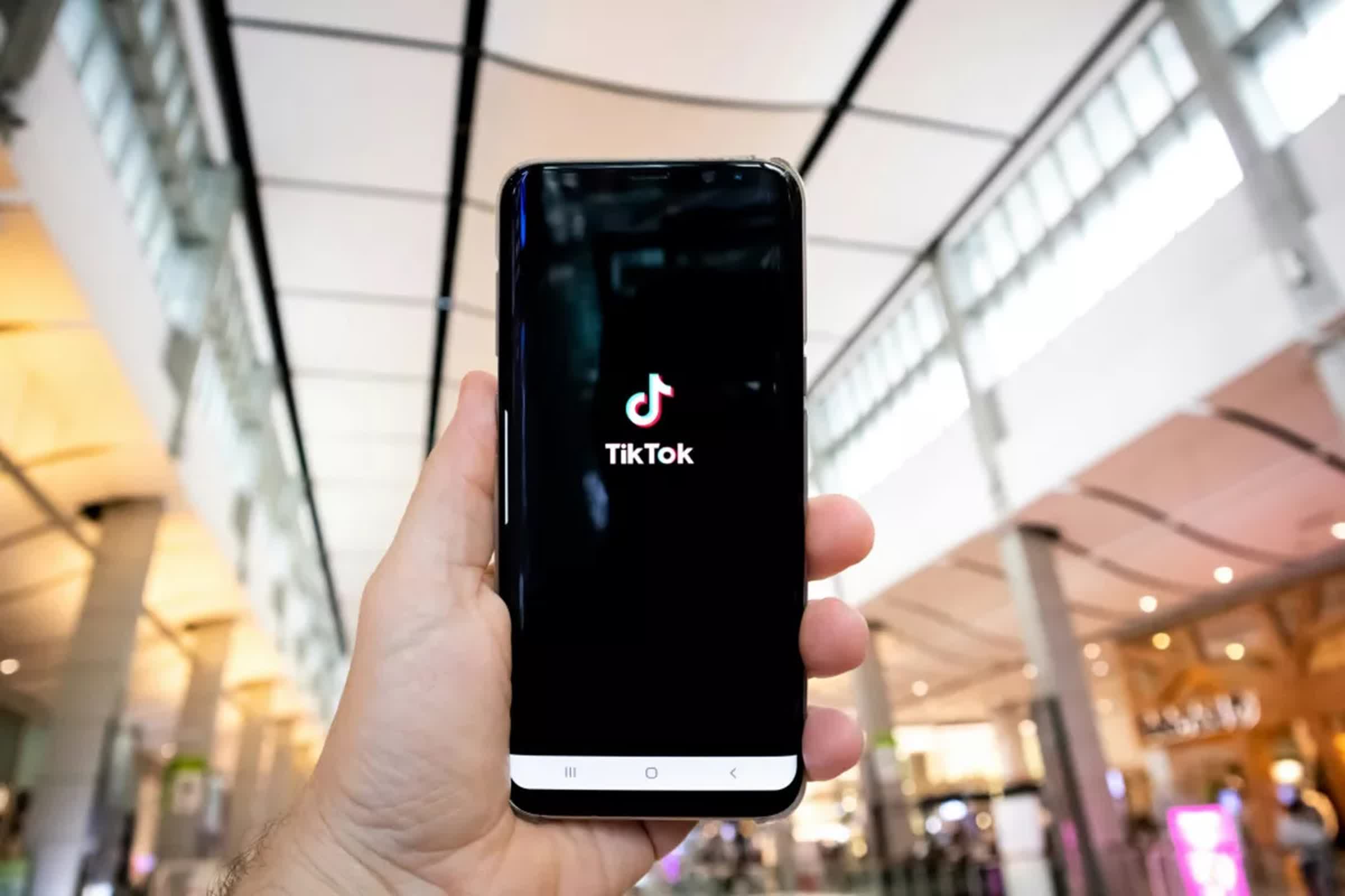The big picture: Countries around the world are having to weigh the popularity of TikTok against national security concerns. The Canadian decision to shut down the company's operations may set a precedent for how other nations approach foreign-owned social media firms.
The Canadian government has ordered TikTok to shut down its operations in Canada due to national security concerns. This decision comes after a thorough national security review by Canadian authorities.
Innovation Minister François-Philippe Champagne said the decision to wind down TikTok's Canadian offices was based on information gathered during the security review. The decision was also informed by advice from Canada's security and intelligence community. "We came to the conclusion that these activities that were conducted in Canada by TikTok and their offices would be injurious to national security," he said.
Despite the order to cease operations, the Canadian government is not blocking citizens from accessing or using the app. However, Minister Champagne urged users to exercise caution, advising them to use the app "with eyes wide open" and be mindful of potential risks.
Other countries have made or are in the process of taking similar steps with the popular video-sharing app, most notably the US, where lawmakers have raised concerns about TikTok's parent company, ByteDance, and its potential ties to the Chinese government. Critics argue that ByteDance could be compelled to share user data with Chinese authorities under national security laws.
TikTok has consistently maintained that its servers are located outside of China and beyond the control of the Chinese Communist Party and that it follows local data protection and privacy laws.
A TikTok spokesperson said the company plans to challenge the order in court. "Shutting down TikTok's Canadian offices and destroying hundreds of well-paying local jobs is not in anyone's best interest," the spokesperson told CBC.
The Canadian government has taken other actions against TikTok. In February 2023, TikTok was banned from all government devices, and later that year, a national security review of the app was ordered.
The Canadian Security Intelligence Service (CSIS) has been vocal about the potential risks associated with TikTok. Former CSIS director David Vigneault warned that data collected from TikTok users could be accessible to the Chinese government. He said that there were long-term implications for using the service, noting that while it might seem inconsequential for a teenager to share data now, that information could become significant as the user grows older and engages in various activities around the world.
The decision to shut down TikTok's Canadian operations was made under the Investment Canada Act, which allows for the review of foreign investments that may pose a threat to national security.
While the Canadian government's action is significant, it stops short of a complete ban on the app itself. "The decision to use a social media application or platform is a personal choice," Minister Champagne said.
